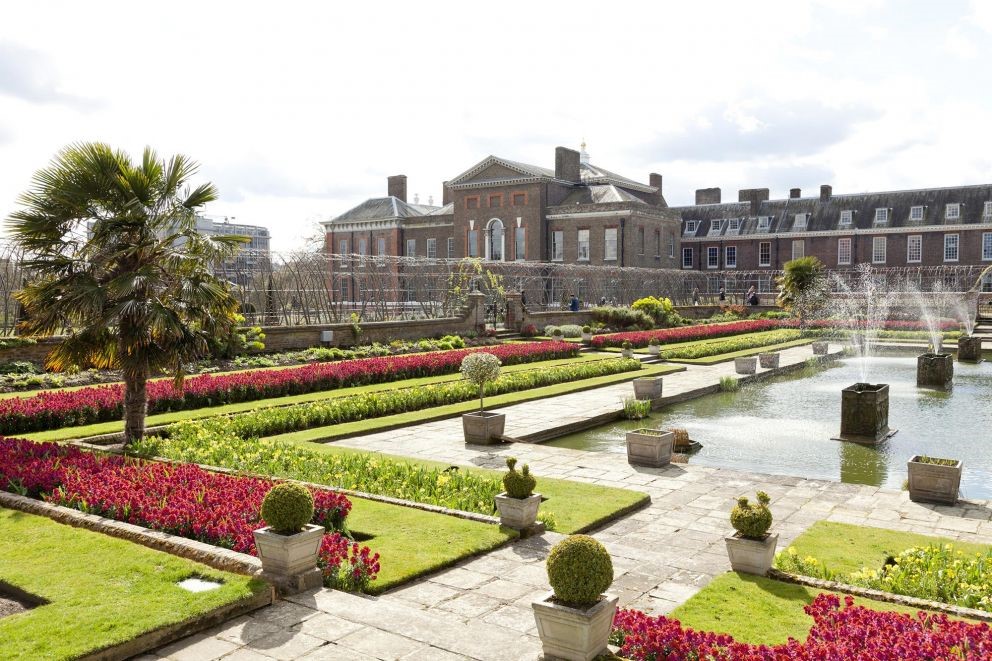By Alan Harman
Gardeners in England’s biggest city are being urged to plant bee-friendly flowers this summer and to take note of the bees that visit – with the promise of rewards for reporting their findings.
Queen Mary University of London is to release “many hundreds” of bees later this summer from its rooftops in a competition launched by the London Pollinator Project.
Biologists from the university’s School of Biological and Chemical Sciences want to tap into any green space the public might have access to such as a garden, roof terrace or window sill, and encourage Londoners to plant flowers which are rich in nectar and pollen. They suggest English lavender, viper’s blugloss, or spiked speedwell.
The university bees will each have a weather-resistant number tag on its back, which will allow the public to track the bees and let researchers uncover how successful urban gardening efforts have been.
A new website launched as part of the London Pollinator Project will help the public learn which flowers are most beneficial for bees and the best gardening methods to improve their chances of spotting a busy bee carrying a QMUL identification tag.
To encourage the public to participate, prizes of £100 ($146) Amazon gift vouchers will be awarded for the best photo of a QMUL-tagged bee on a flower, for the highest number of QMUL-tagged bees spotted and for the best photo of a London bee-friendly garden.
“We hope the London Pollinator Project will encourage the public to plant flowers in our urban spaces that will help supply the right nectar and pollen resources for our threatened urban bees, and hopefully increase urban pollinator populations if a large enough effort is made across the city,” university project coordinator Clint Perry says.
The researchers hope to discover how much urban gardening can affect the pollinating practices of urban bees and learn what flowers are most attractive for pollinators in London’s urban settings.
About 70 different crops in the UK are dependent on, or benefit from, bee visits. Bees also pollinate flowers of many plants that help feed farm animals. The economic value of honey bees and bumble bees in the UK has been estimated to be £400 million (US$584.4 million) a year.
Much of the decline in bee numbers in the UK has been due to reduction in wildflower availability through landscape changes and widespread agricultural practices.







